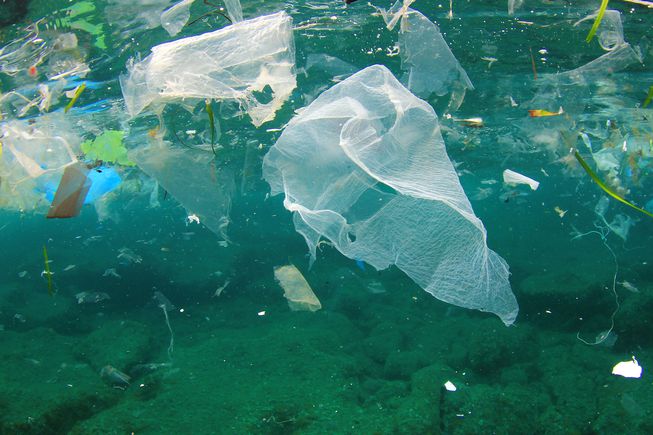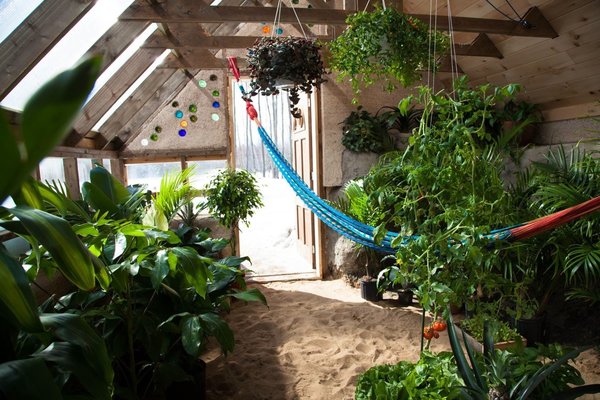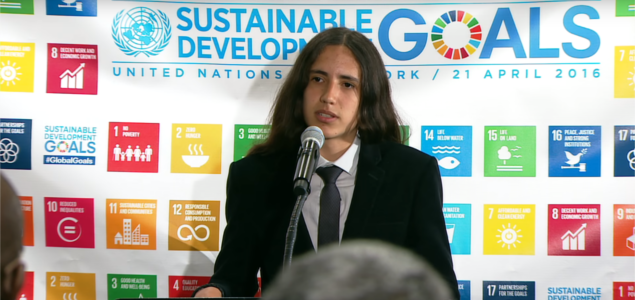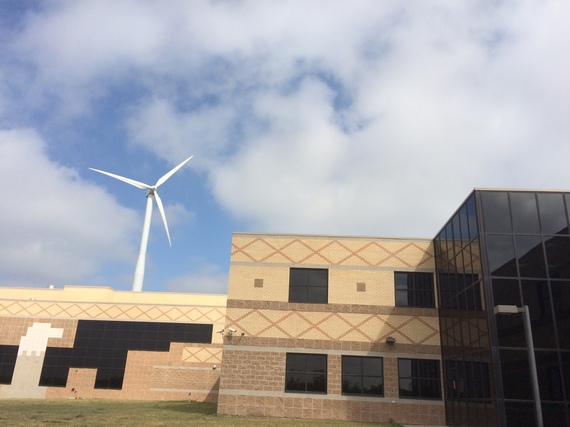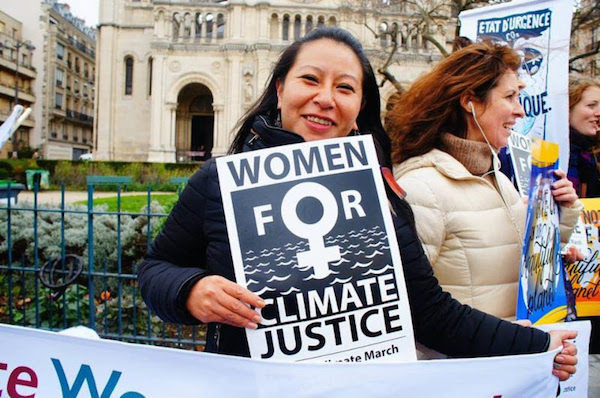Floating trash collector will try to scoop up the Great Pacific Garbage Patch
Continue reading... →At the end of March, President Trump released his budget proposal. And what is a budget, other an expression of a statement of values. Think about it: what do you care about, and how is that translated into your daily spending? Where do you choose to spend your money? It appears that science and research in general are under attack within the Trump Administration. This applies to critical health research as well. The largest cuts in the budget proposal are to the Environmental Protection Agency. The proposal to cut 31% of the agency’s funding has troubling implications for numerous programs that ensure people’s ability to live in healthy and vibrant communities. Let’s look at how programs that address toxic chemicals will be impacted.
Continue reading... →With drought, economic instability, erratic weather and interruptions in transportation a very real threat, it really doesn’t take much to have the food supply disrupted. As the famous proverb says: “Necessity is the mother of invention.” Taking this proverb and running with it, a team of innovators from Quebec, Canada have developed an eco-friendly and exceptionally cost-effective solution to our food woes — The Greenhouse of the Future. Combining the principles of Earthships, aquaponics and passive solar greenhouses, Gendron — along with friends, Christian Désilets and Curt Close — designed and built a radically different food growing system. Not wholly surprising, they christened it The Greenhouse of the Future.
Continue reading... →16-year-old climate activist Xiuhtezcatl Martinez is petitioning the 2016 U.S. presidential candidates to take a strong stance on ending climate change. In a Care2 petition and a corresponding video letter, Martinez is urging the candidates to pledge to end fossil fuel use in the U.S. by 2026. The petition attracted over 100,000 signatures in its first week online.
Continue reading... →The middle class, which is “fundamental to social stability and economic growth” with real clout, will be threatened by climate change in the near future as the majority live in urban cities, many of which are located on coastlines exposed to climate risks,.
Continue reading... →Studies show that collective intelligence rises with the number of women in a group—but women are often underrepresented at talks like COP21. Meet 15 leaders worth listening to. Women, particularly those in developing countries, are on the frontlines of a changing climate. Extreme weather events, deforestation, and loss of biodiversity threaten their survival and that of their families. Yet, when confronted with social and economic exclusion, women’s vulnerabilities remain hidden and their voices quiet. Women have been severely underrepresented at high levels of policymaking around global environmental concerns as well. In the climate arena, the need to improve women’s participation in negotiations was explicitly recognized by COP 7 in Marrakech in 2001 as the impact of gender balance on decisionmaking became more evident. Why is this a problem? Studies show that collective intelligence rises with the number of women in a group. Engaging a critical mass of women is linked to more progressive and positive outcomes and to more sustainability-focused decisionmaking across sectors. Yet, women have remained a notable minority in climate negotiations at both the national and international level, in the global scientific body on climate change, the Intergovernmental Panel on Climate Change (IPCC), and in media debates about climate. Women’s representation in bodies and […]
Continue reading... →